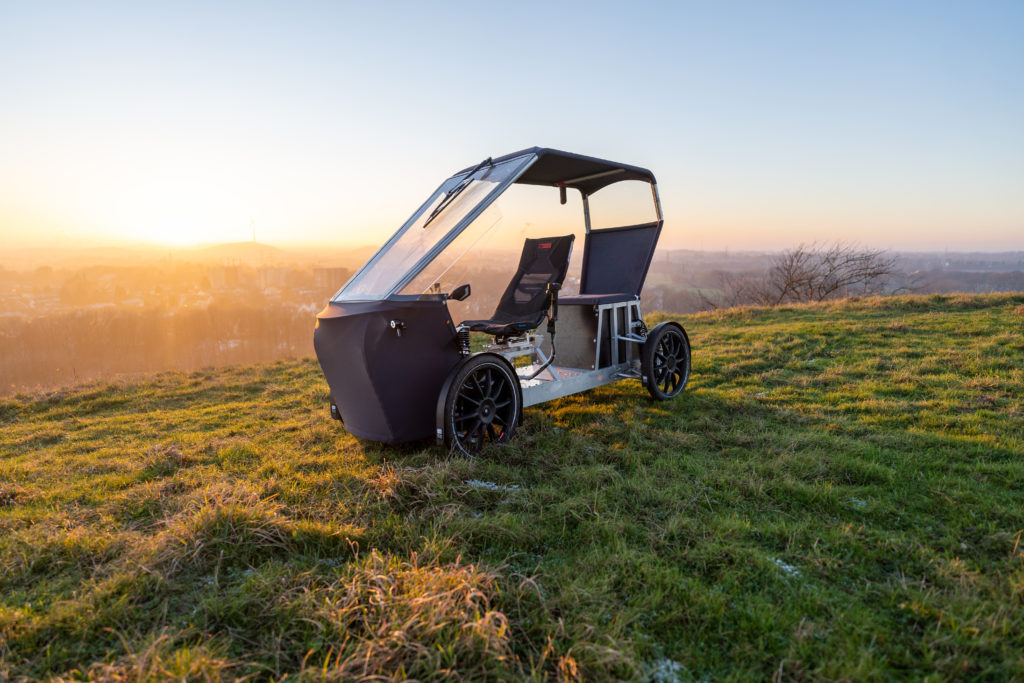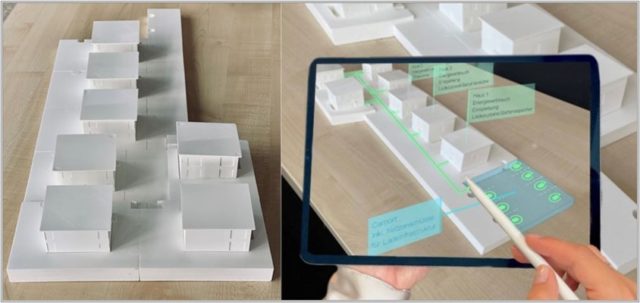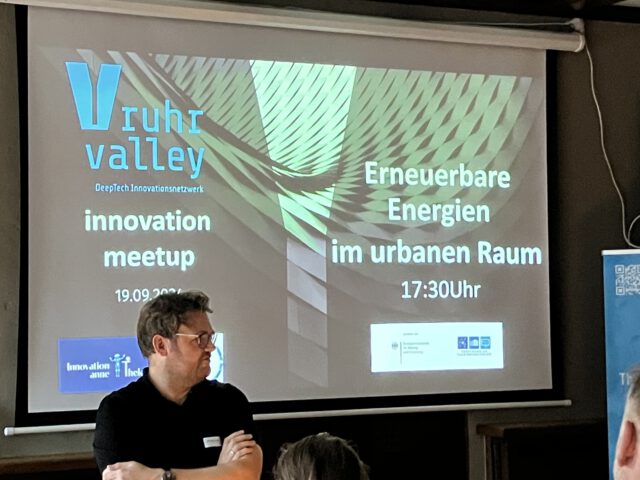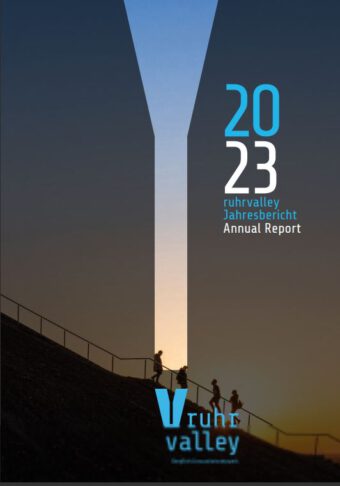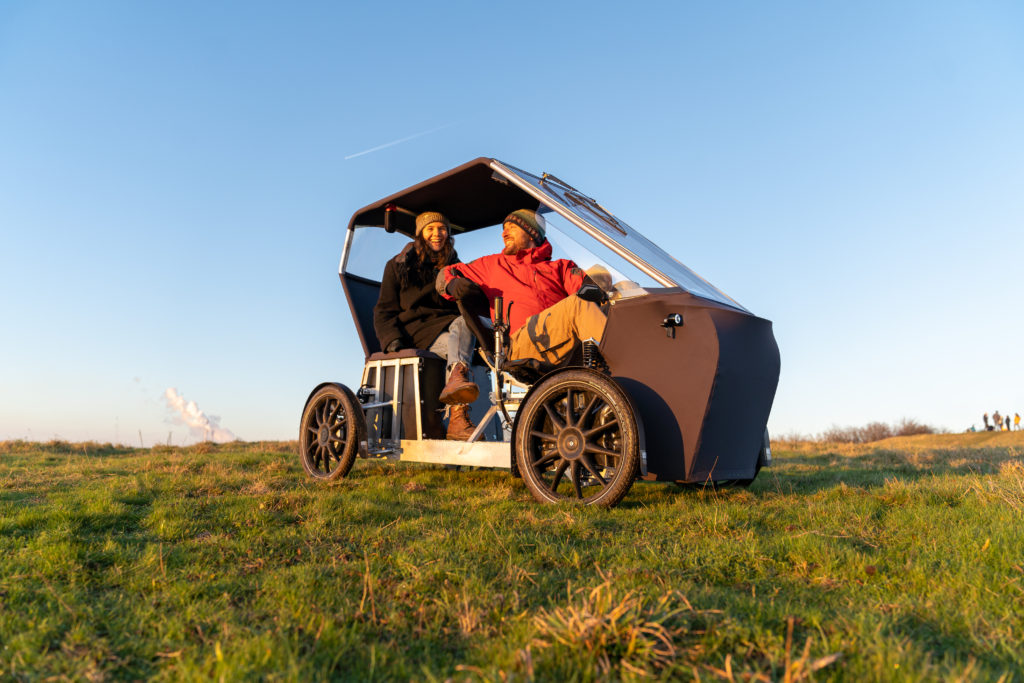
Project
RS 1 Mobil
Conception and development of a “bicycle car”
In line with climate policy objectives and social transformation, it is necessary to design an environmentally friendlier mobility concept and the appropriate vehicles. The objective of RS1 Mobil is the conception and development of a “bicycle car.”
Starting Point
Mobility is a fundamental requirement for social participation, and individual mobility, especially, is a criterion for personal freedom. However, the transformation of mobility, which is primarily driven by the substitution of private vehicles powered by combustion engines with electrically driven ones, excludes a majority of the population. Additionally, thehigh amount of emissions in cities and the immense space requirements of cars are still an important problem, which regional and city administrations must address. In line with climate policy objectives and social transformation, it is necessary to design an environmentally friendlier mobility concept and the appropriate vehicles.
Our Solution
The objective of RS1 Mobil is the conception and development of a “bicycle car.” The most common barriers to bicycle use are safety, dependence on the weather, speed and long trips. The fusion of car and bicycle can make up for these disadvantages. The bicycle car offers protection against the elements, storage space and the capacity to transport people over long distancesat high speeds. The modest parking space requirements, no emissions and very low noise production are good for health and the environment. The operating costs are comparable to those of a Pedelec (Pedal Electric Cycle) and can be used on bicycle paths and car-free city centres. The four-wheel construction offers more safety and stability. The electric assistance allows long trips with little effort and a constant speed of around 25 km/h. The removable battery has a range of 80 km. Thus, it would close the existing “mobility gap” in passenger transportation between bicycles, Pedelecs and cars.
Funding-ID
13FH01521A
Supported by the Federal Ministry of Education and Research
Project Duration
2019 – 2020


